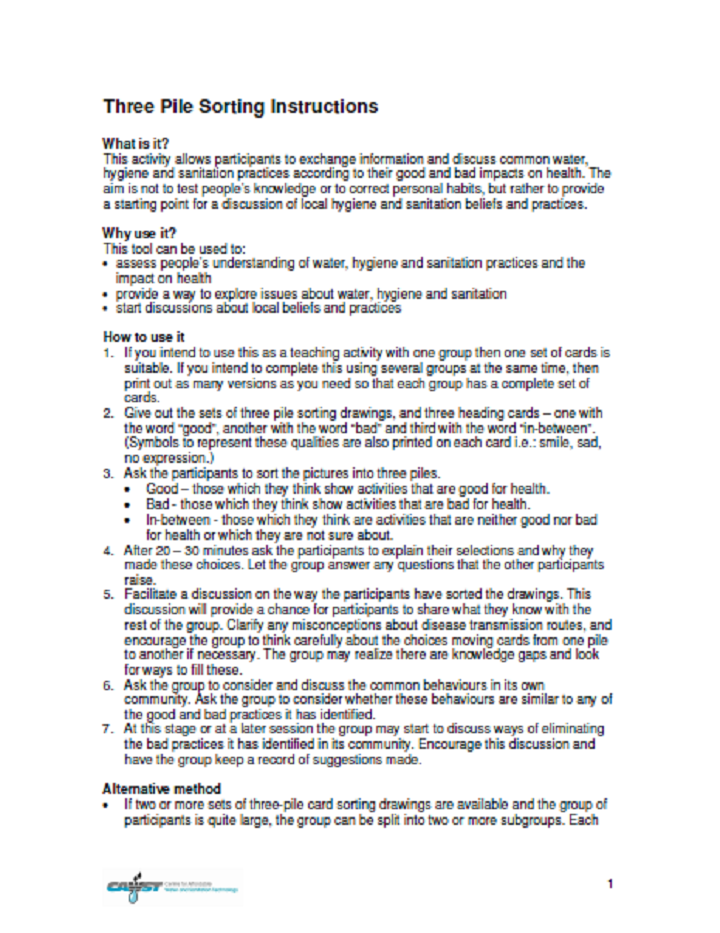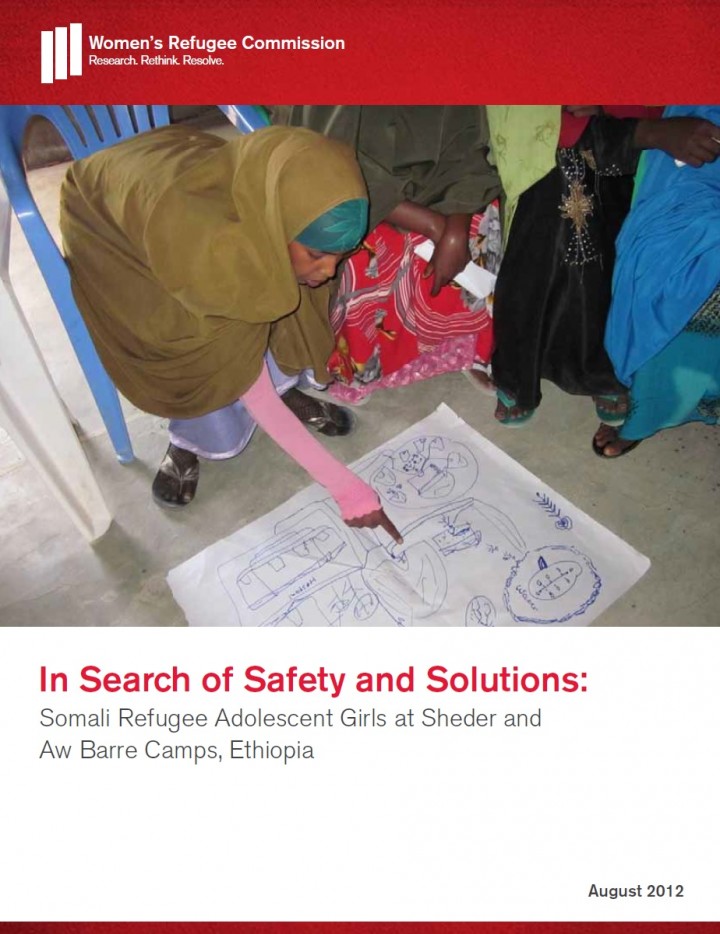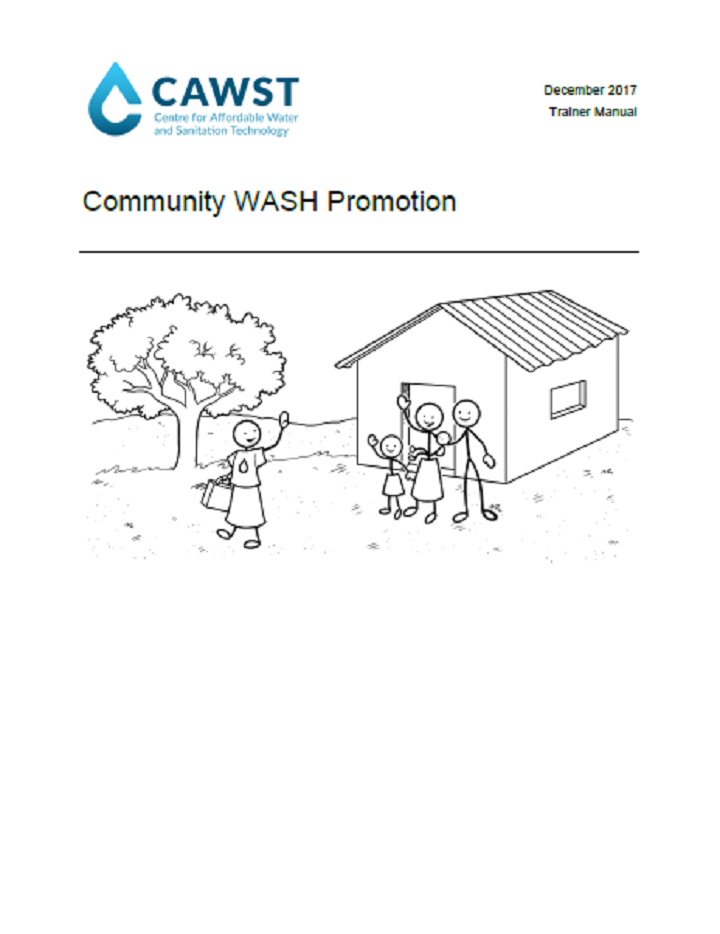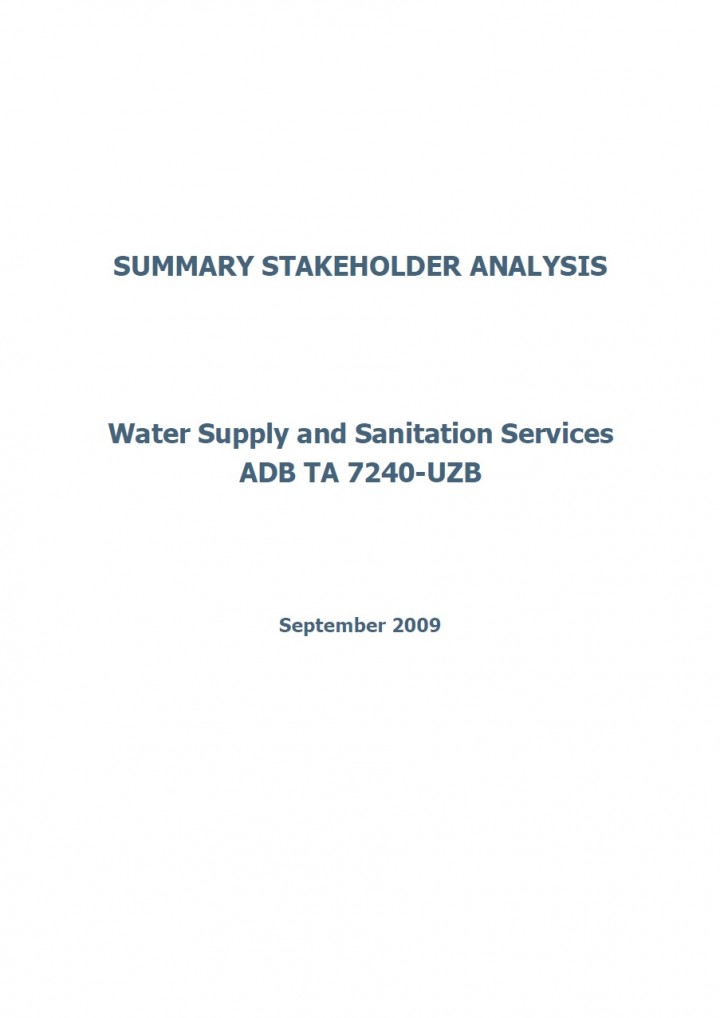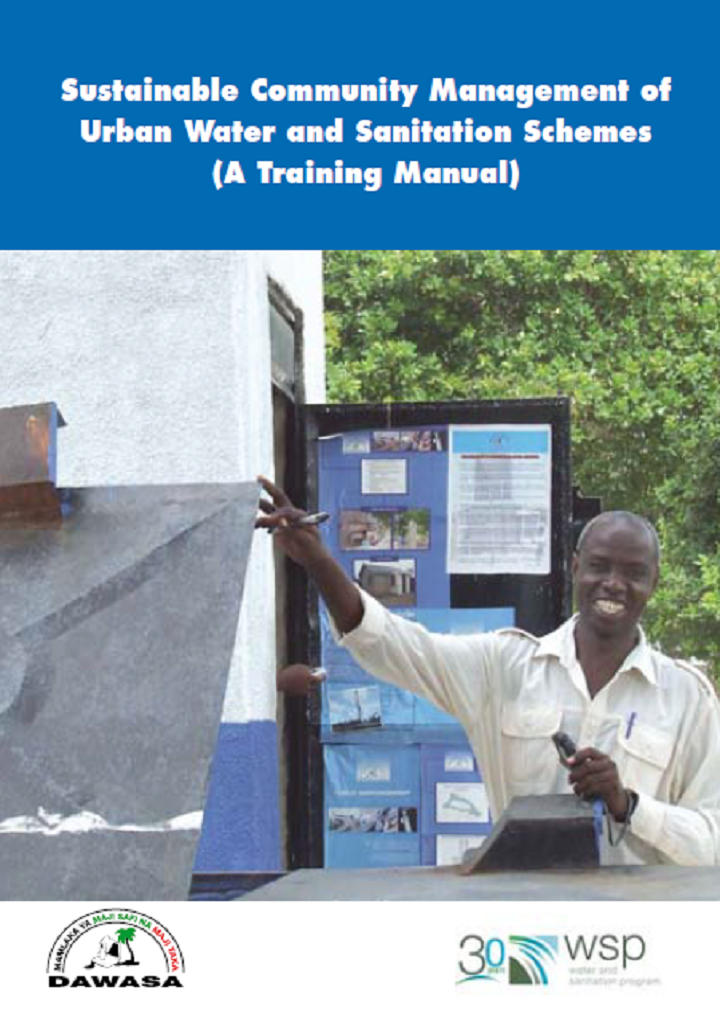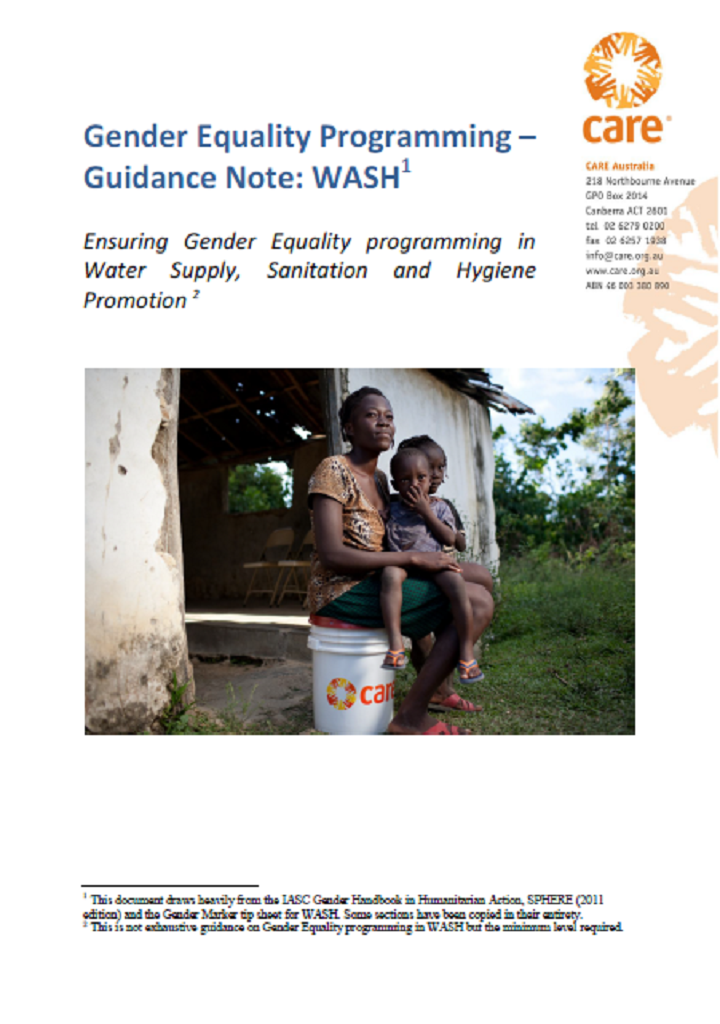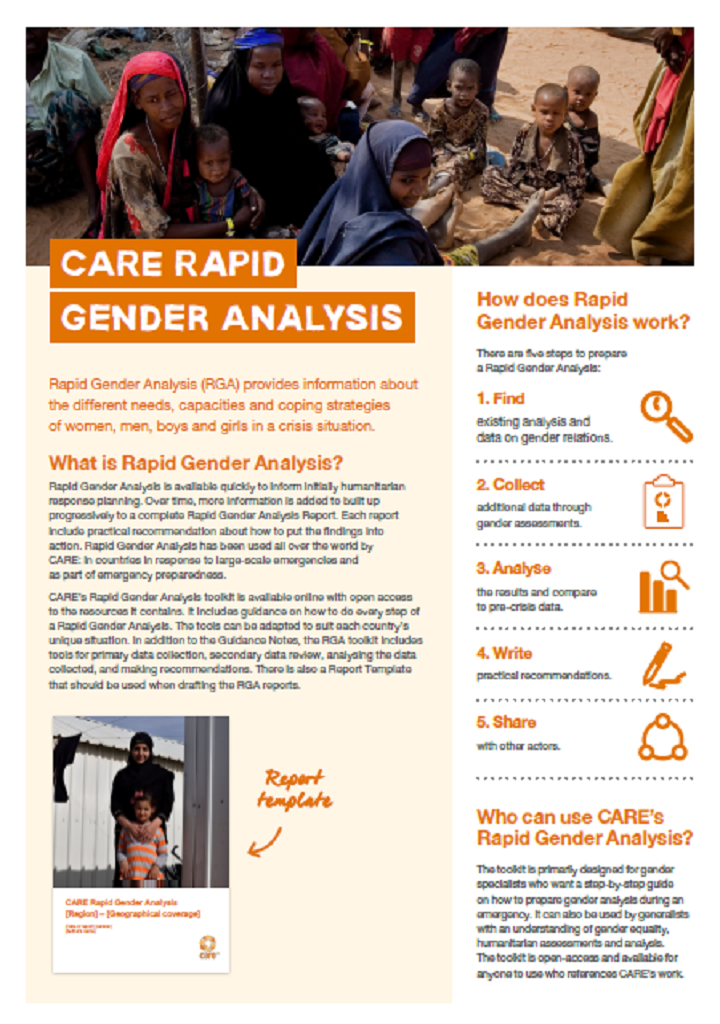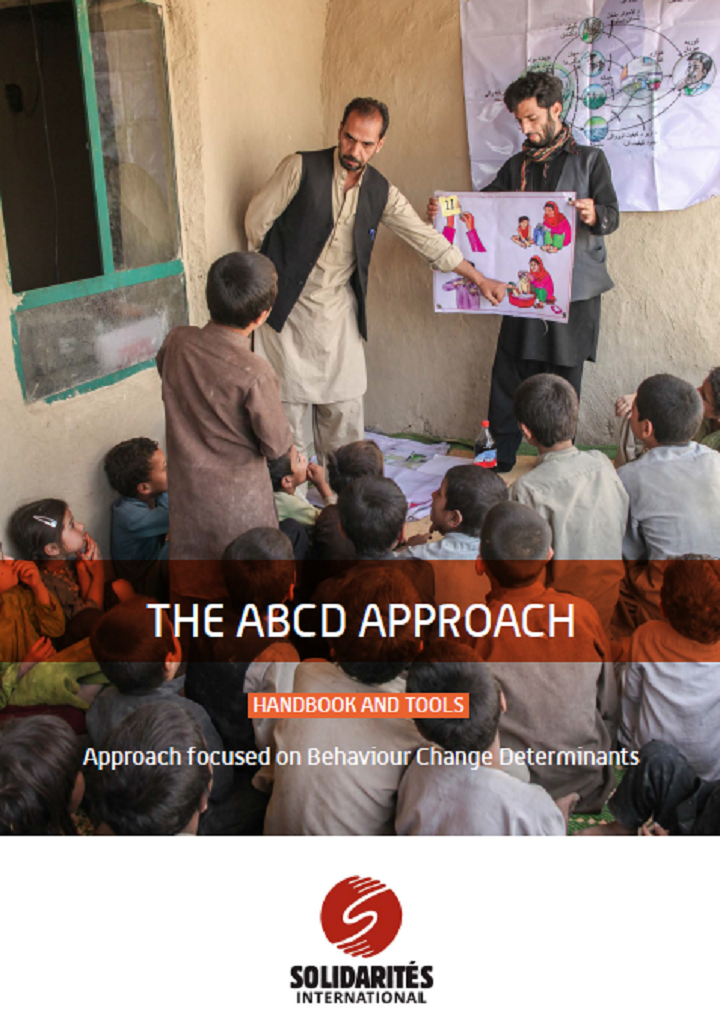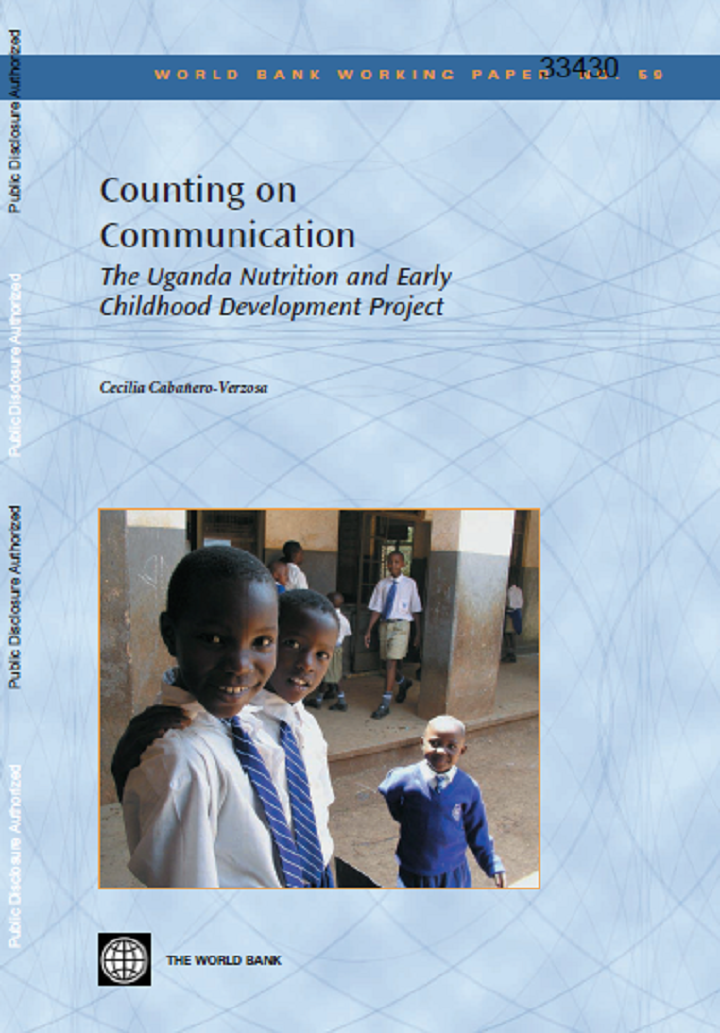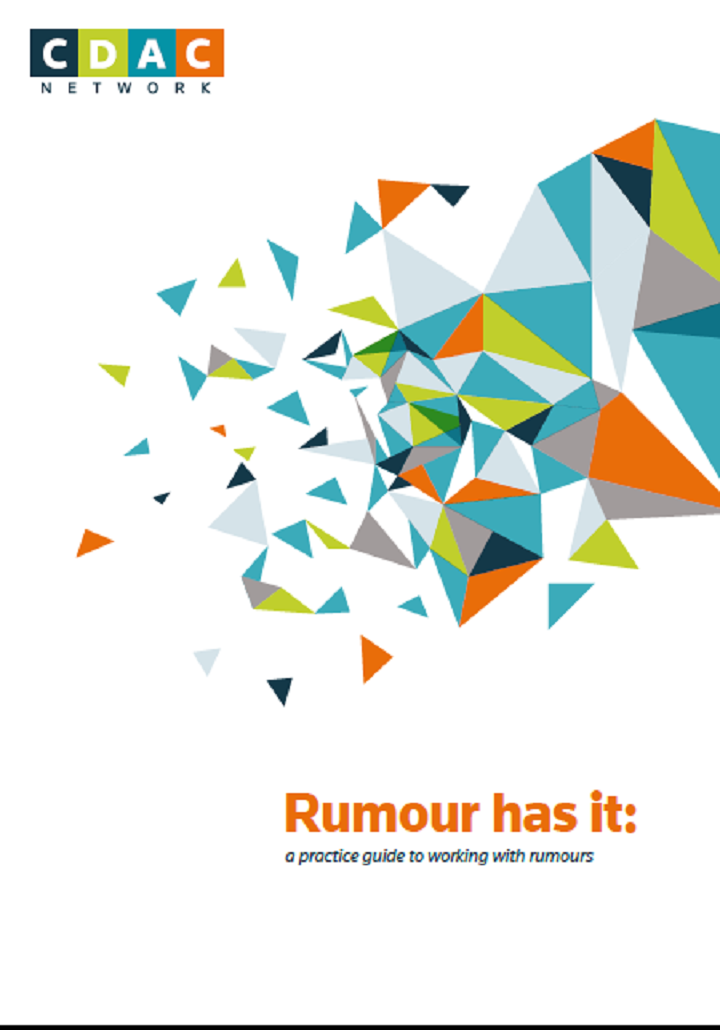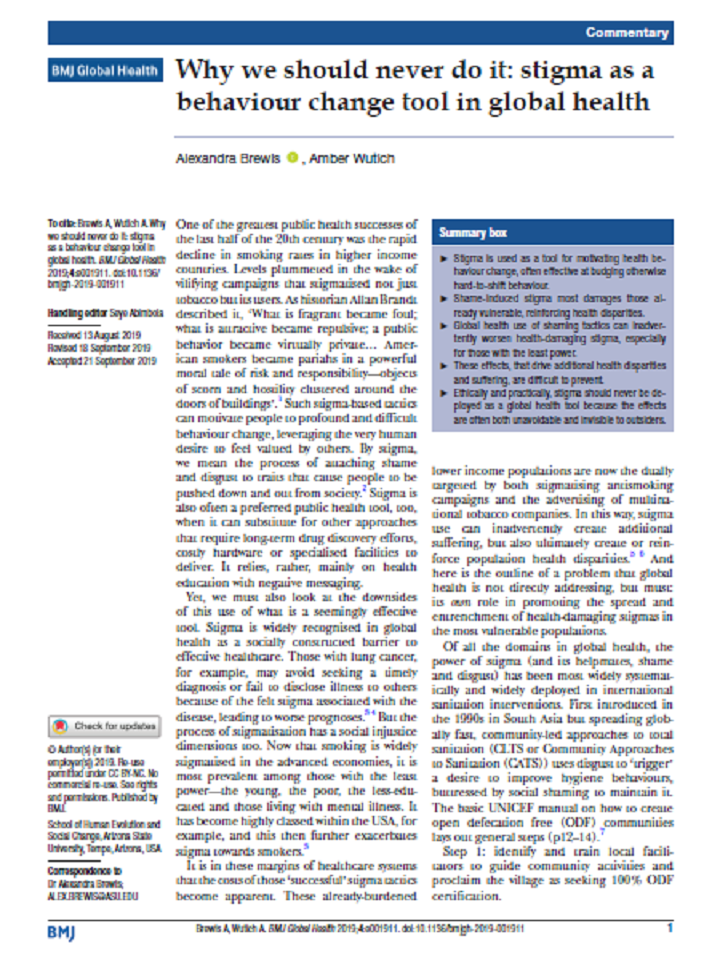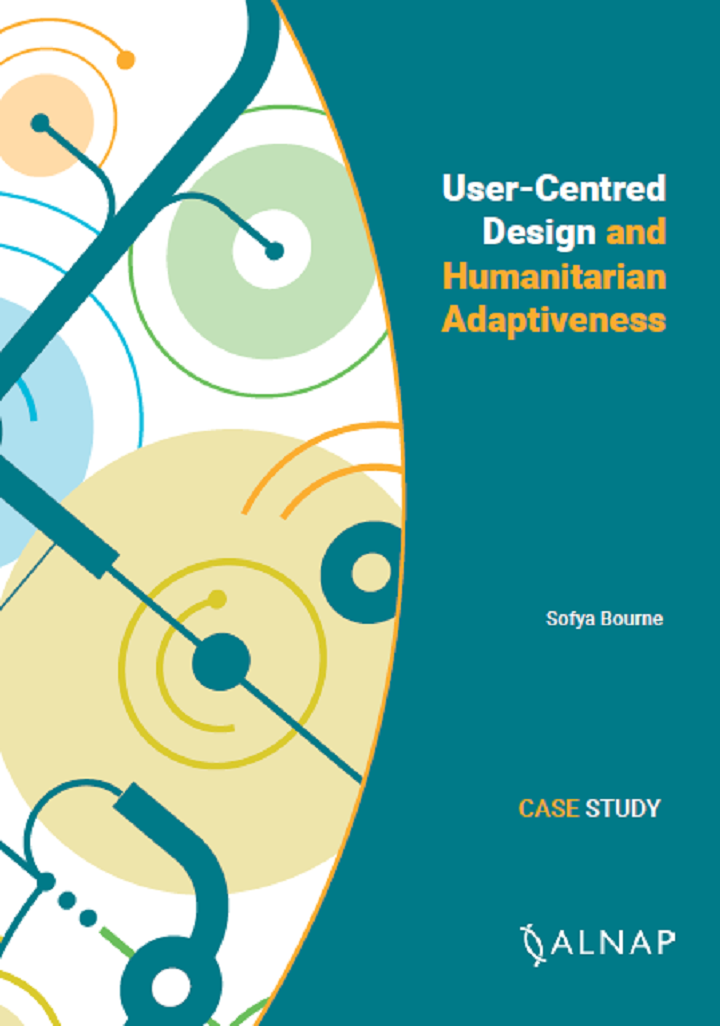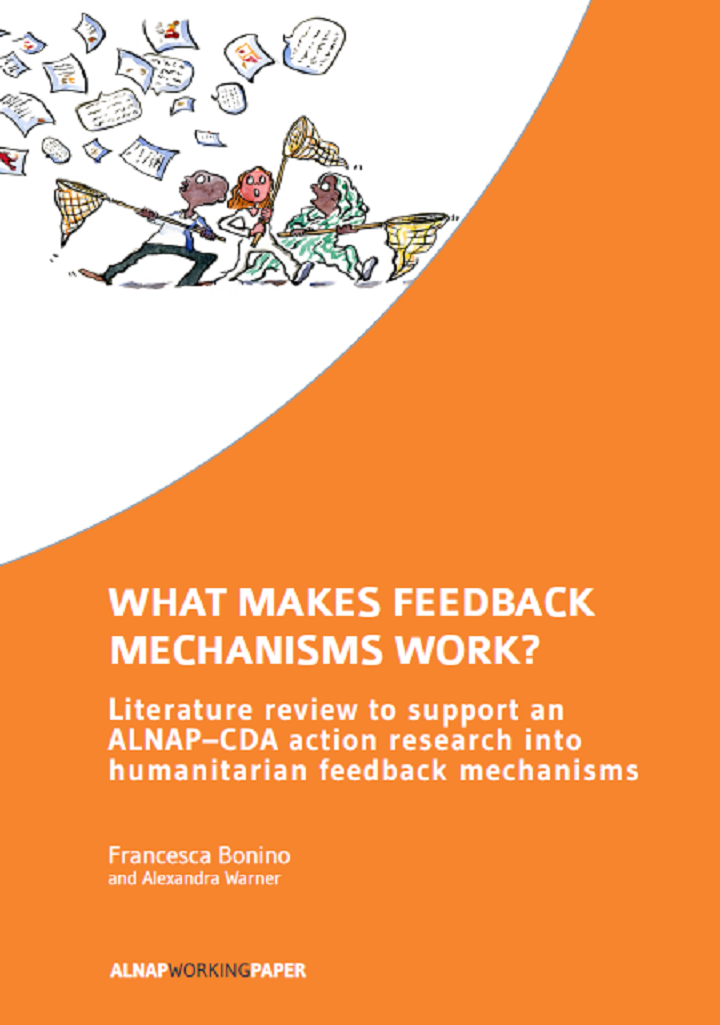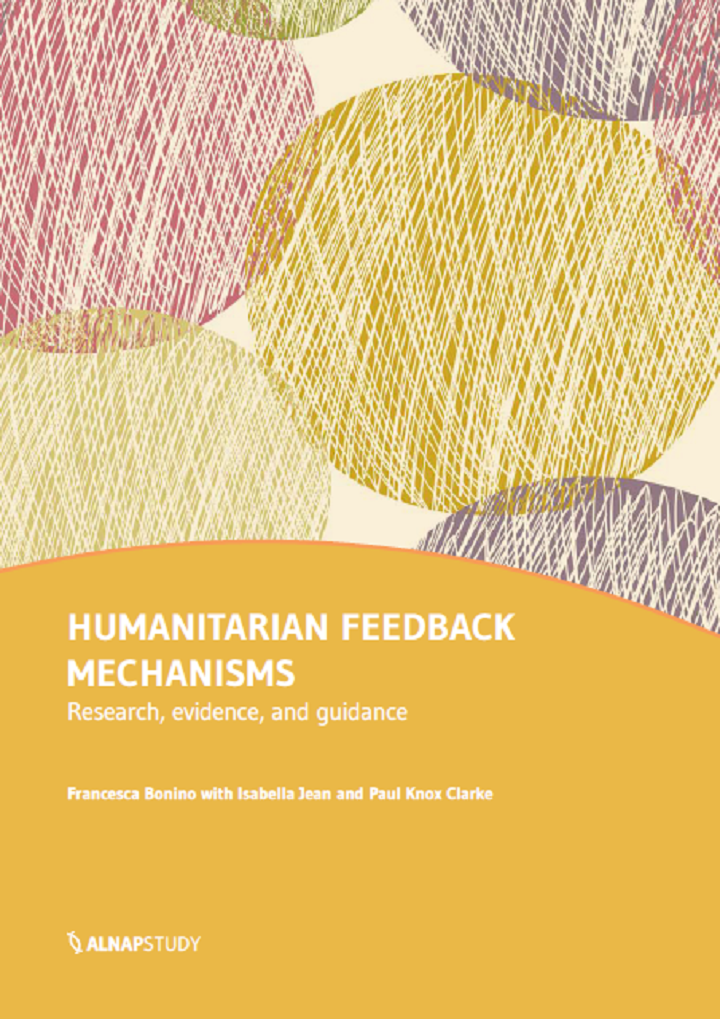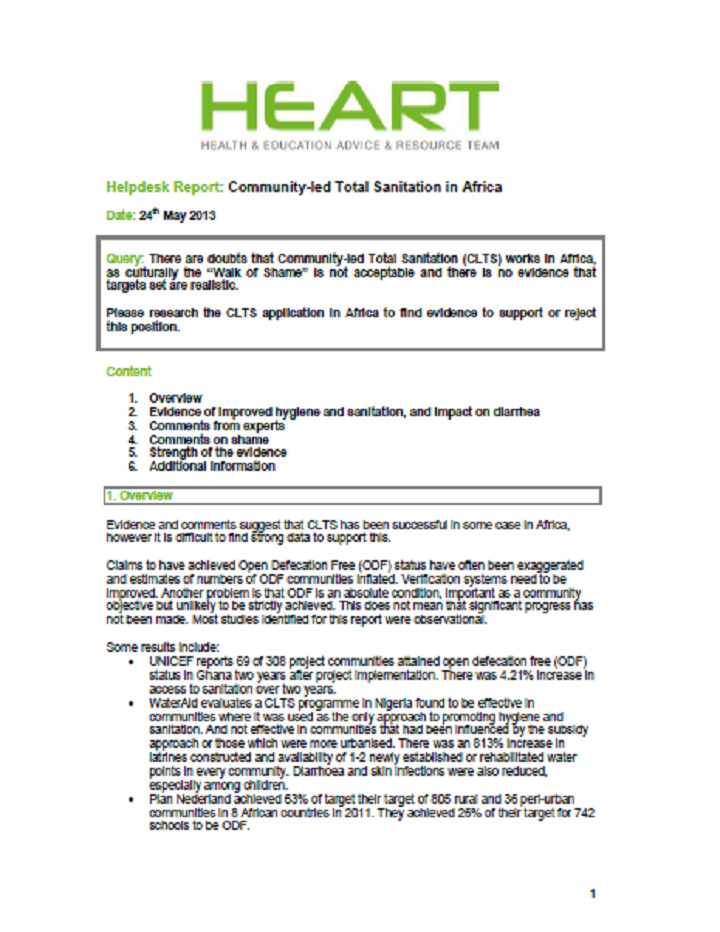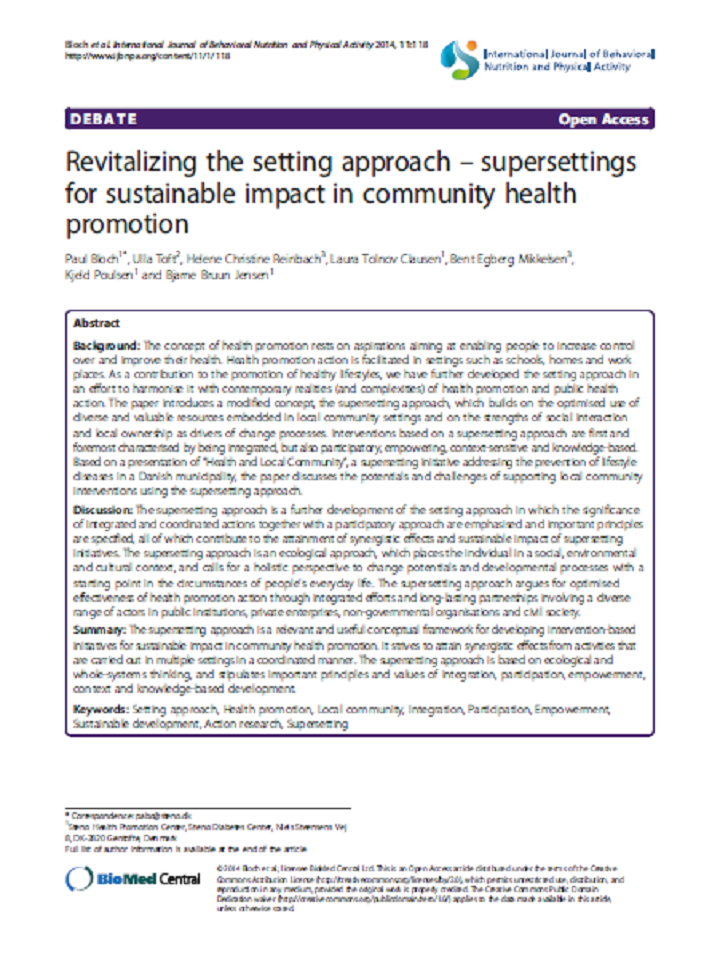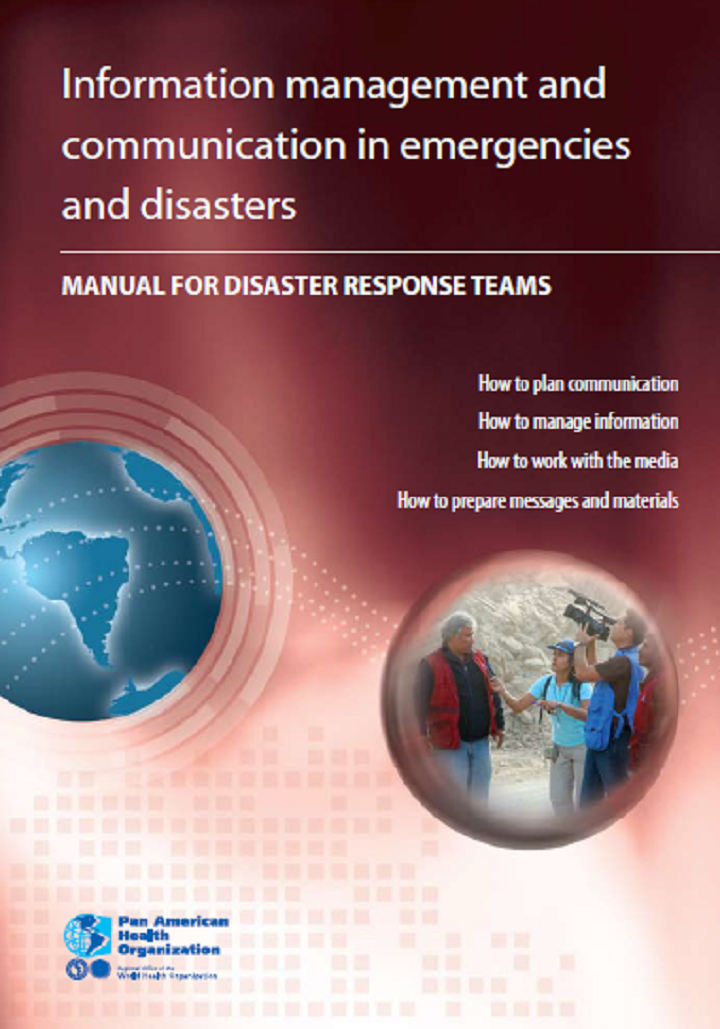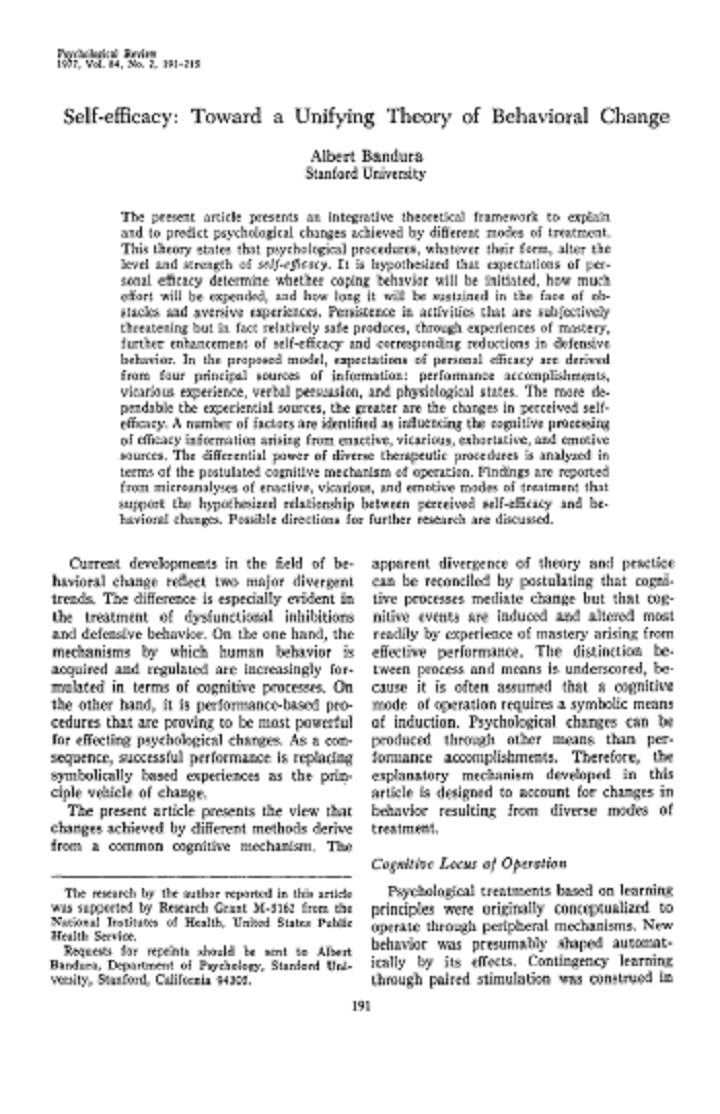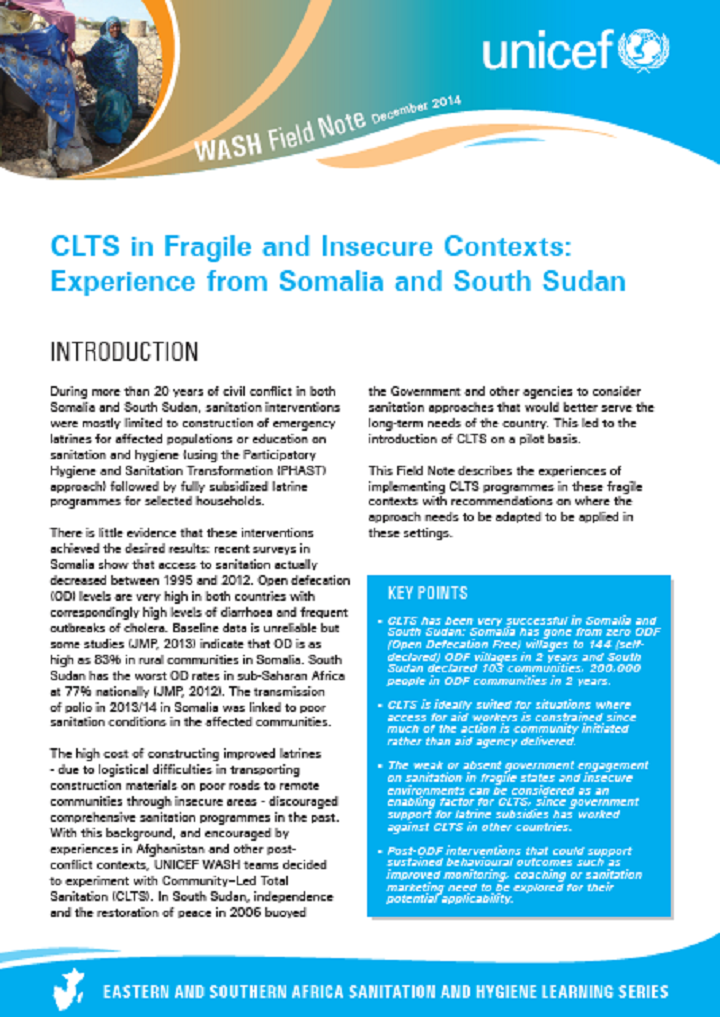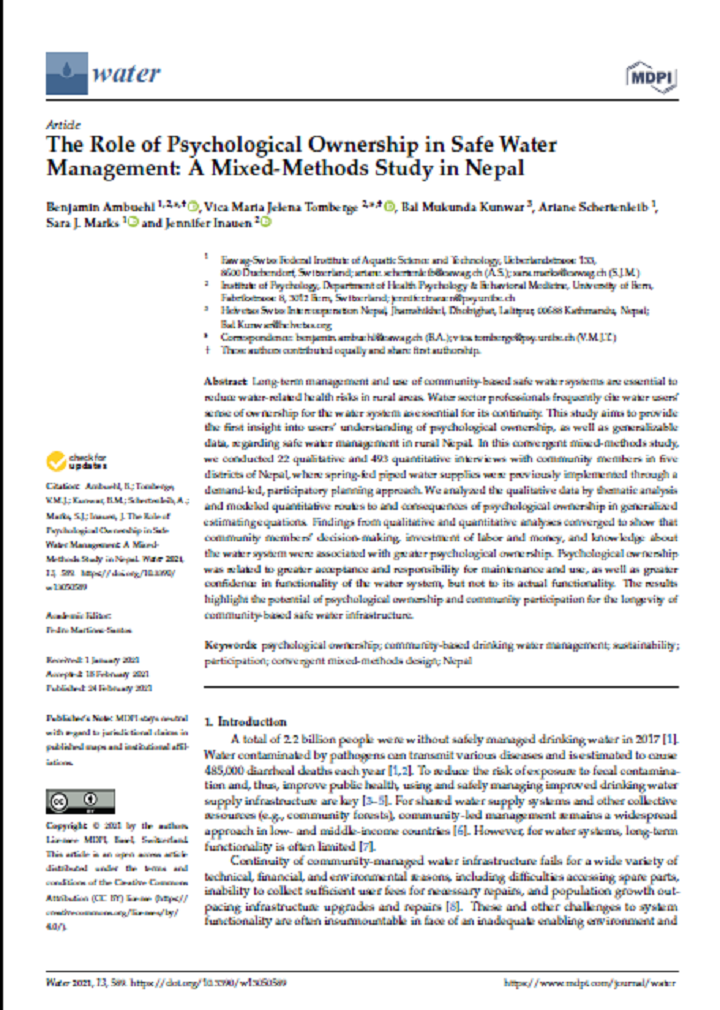CAWST (2009) Three Pile Sorting Instructions. WASH Education and Training Resources
These instructions explain how to facilitate the three pile sorting activity with a group of people.
WRC (2012) In Search of Safety and Solutions Somali Refugee Adolescent Girls at Sheder and Aw Barre Camps, Ethiopia
The Women’s Refugee Commission completed a research mission to the Jijiga Somali refugee camps in Ethiopia in April 2012. The research mission was the first of three such missions, which are part of a threeyear global advocacy research project aimed at enhancing the safety and resilience of adolescent girls ages 10 to 16. The purpose of the three-week visit to Ethiopia was to assess Somali […]
CAWST (2017) Community WASH Promotion Trainer Manual
This manual is for trainers who are interested in delivering training on Community WASH Promotion. It includes lesson plans, agendas, forms, and guidance on training delivery.
WYG International (2009) Summary Stakeholder Analysis Water Supply and Sanitation Services ADB TA 7240-UZB
An analysis of the stakeholders of the proposed WSSS Improvement Investment Program has identified the individuals, groups and organizations that will be influenced by and affected by the water supply and sanitation services sub-projects.These stakeholders include: government ministries and agencies, provincial organizations, town residents at household-level, the private sector. The analysis reviewed secondary data, household survey data, key informant interview transcripts and focus group reports, […]
Castro, V., Msuya, N., Makoye, C. (2009) Sustainable Community Management of Urban Water and Sanitation Schemes. A Training Manual
The aim of this capacity building programme is to improve the efficiency and positive impact of urban, community-managed water and sanitation schemes. The manual was originally developed in collaboration with the Dar es Salaam Water and Sewerage Authority’s (DAWASA) Community Water Supply and Sanitation Program (CWSSP); but some of the material is applicable to other urban communities who may need to improve their management practices […]
CARE Australia (2014) Gender Equality Programming - Guidance Note: WASH. Ensuring Gender Equality Programming in Water Supply, Sanitation and Hygiene Promotion
The intent of this guidance note is to increase awareness among CARE’s WASH practitioners of gender issues, ensuring emergency WASH programs are viewed with a gender lens. The content is not original, rather an amalgamation of various guidance and best practice, distilled here to provide a more concise reference tool for CARE’s WASH staff to meet minimum WASH and gender equality standards.
CARE (0) Rapid Gender Analysis
Rapid Gender Analysis (RGA) provides information about the different needs, capacities and coping strategies of women, men, boys and girls in a crisis situation.
Cabañero-Verzosa, C. (2005) Counting on Communication: The Uganda Nutrition and Early Childhood Development Project
The Uganda Nutrition and Early Childhood Development Project was one of the World Bank's first projects to demonstrate the value-added of strategic communication. The strategic communication component developed for this project included the use of formative research about values and attitudes with respect to child rearing, in order to develop and test effective messages. The communication strategy was developed in a highly participatory manner and […]
Bugge, J. (2017) Rumour has it: A Practice Guide to Working with Rumours
Several members of the Communicating with Disaster Affected Communities (CDAC) Network have recognised the need to work with rumours in their missions to prevent the loss of lives and alleviate suffering. Notably, Internews with their pioneering inter-agency model, the World Health Organisation and United Nations Office for the Coordination of Humanitarian Affairs have made considerable efforts to innovate in this area and engage other humanitarian […]
Brewis, A., Wutich, A. (2019) Why We Should Never Do It: Stigma as a Behavior Change Tool
Stigma is used as a tool for motivating health behaviour change, often effective at budging otherwise hard-to-shift behaviour. Shame-induced stigma most damages those already vulnerable, reinforcing health disparities. Global health use of shaming tactics can inadvertently worsen health-damaging stigma, especially for those with the least power. These effects, that drive additional health disparities and suffering, are difficult to prevent. Ethically and practically, stigma should never be deployed as a […]
Bourne, S. (2019) User-Centred Design and Humanitarian Adaptiveness
Gathering and acting on feedback from affected communities is a key means to identify potential triggers for change during the design and implementation of humanitarian programmes. This study is focused on user-centred design (UCD), an approach often used outside the humanitarian sector to design products and services that are tailored to the needs and preferences of end-users and are created with the users’ involvement in […]
Bonino, F., Warner, A. (2014) What Makes Feedback Mechanisms Work?
This literature review supports a broader ALNAP and CDA initiative aiming at producing evidence-informed guidance for humanitarian agencies on ways to strengthen the effectiveness of mechanisms for gathering feedback from affected populations in humanitarian contexts. It focuses on two key questions: (1) why and how humanitarian agencies seek, process, and respond to feedback from affected populations and (2) which elements have been identified as having […]
Bonino, F., Jean, I., Clarke, P.K. (2014) Humanitarian Feedback Mechanisms: Research, Evidence and Guidance
In 2012 ALNAP and CDA started collaborating on action research looking at feedback mechanisms in humanitarian contexts, to establish what makes them work effectively and to focus on bringing different stakeholders’ perspectives – particularly those of crisis-affected people – into the conversation. The case studies document the experience of three different agencies that use feedback mechanisms as part of their humanitarian programmes and operations: World […]
Bolton, L., Kanguru, L. (2013) Helpdesk Report: Community-Led Total Sanitation in Africa
Evidence and comments suggest that CLTS has been successful in some cases in Africa, however it is difficult to find strong data to support this. Claims to have achieved Open Defecation Free (ODF) status have often been exaggerated and estimates of numbers of ODF communities inflated. Verification systems need to be improved. Another problem is that ODF is an absolute condition, important as a community objective […]
Bloch, P., Toft, U., Reinbach, H.C., Clausen, L.T., Mikkelsen, B.E., Poulsen, K., Jensen, B.B. (2014) Revitalizing the Setting Approach. Supersettings for Sustainable Impact in Community Health Promotion
The concept of health promotion rests on aspirations aiming at enabling people to increase control over and improve their health. Health promotion action is facilitated in settings such as schools, homes and work places. As a contribution to the promotion of healthy lifestyles, we have further developed the setting approach in an effort to harmonise it with contemporary realities (and complexities) of health promotion and […]
Barrantes, S.A., Rodriguez, M., Pérez, R. (2009) Information Management and Communication in Emergencies and Disasters: Manual for Disaster Response Teams
Many specialists from the fields of communication and disaster management from Latin America and the Caribbean participated in developing this manual. The contents were tested and adapted under actual emergency and disaster conditions. The final product reflects consensus among the experts about the most important uses of information and communication in emergency situations. This manual focuses on operational aspects of disaster and emergency response as […]
Bandura, A. (1977) Self-Efficacy: Toward a Unifying Theory of Behavioral Change
The present article presents an integrative theoretical framework to explain and to predict psychological changes achieved by different modes of treatment. This theory states that psychological procedures, whatever their form, alter the level and strength of self-efficacy. It is hypothesized that expectations of personal efficacy determine whether coping behavior will be initiated, how much effort will be expended, and how long it will be sustained […]
Balfour, N., Otieno, P., Mutai, C., Thomas, A. (2014) CLTS in Fragile and Insecure Contexts: Experience from Somalia and South Sudan
During more than 20 years of civil conflict in both Somalia and South Sudan, sanitation interventions were mostly limited to construction of emergency latrines for affected populations or education on sanitation and hygiene, using the Participatory Hygiene and Sanitation Transformation (PHAST) approach, followed by fully subsidised latrine programmes for selected households. There is little evidence that these interventions achieved the desired results: recent surveys in Somalia […]
Ambuehl B., Tomberge, V.M.J., Kunwar, B.M., Schertenleib, A., Marks, S.J., Inauen, J. (2021) The Role of Psychological Ownership in Safe Water Management: A Mixed- Methods Study in Nepal
Long-term management and use of community-based safe water systems are essential to reduce water-related health risks in rural areas. Water sector professionals frequently cite water users’ sense of ownership for the water system as essential for its continuity. This study aims to provide the first insight into users’ understanding of psychological ownership, as well as generalizable data, regarding safe water management in rural Nepal. In […]
